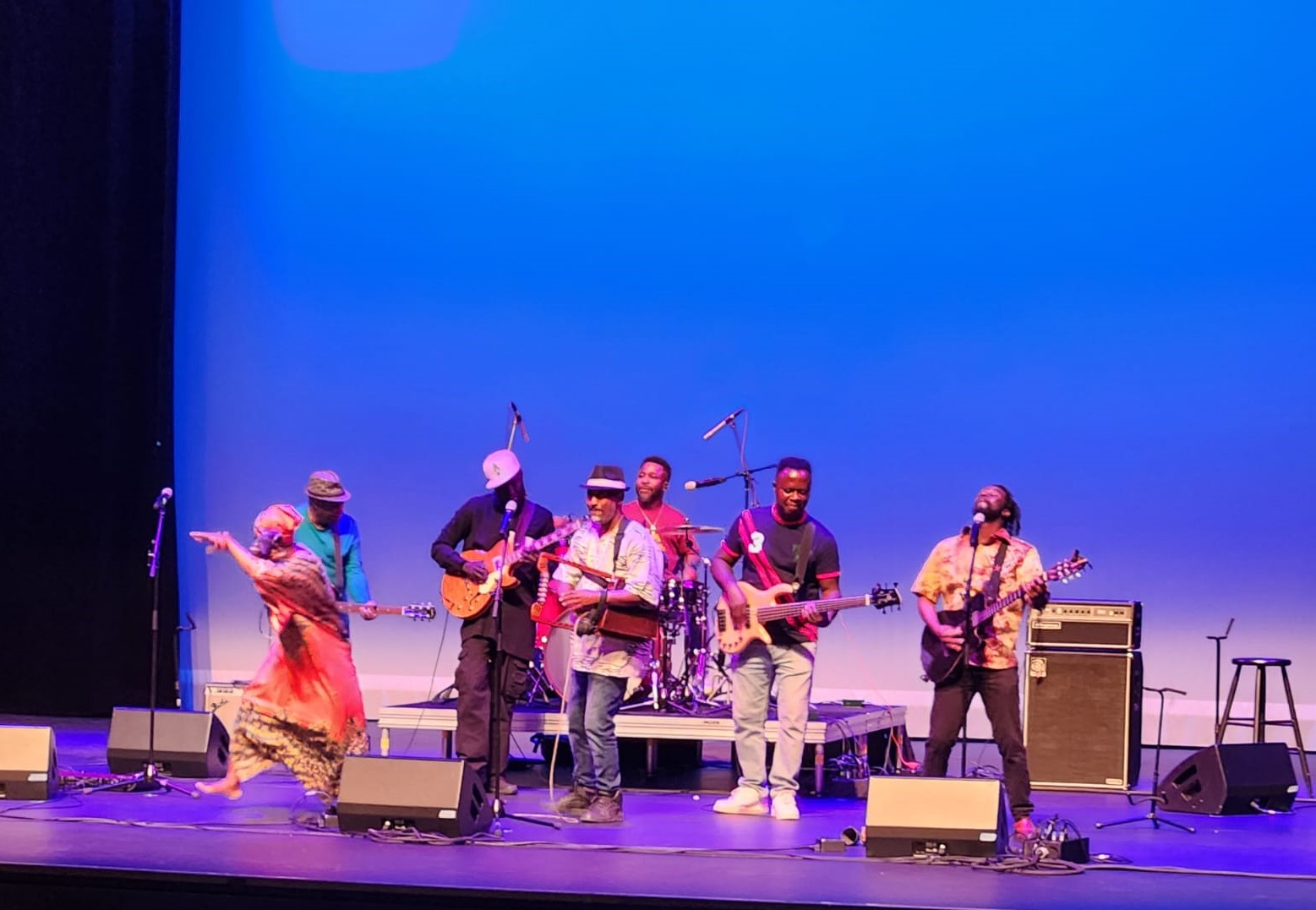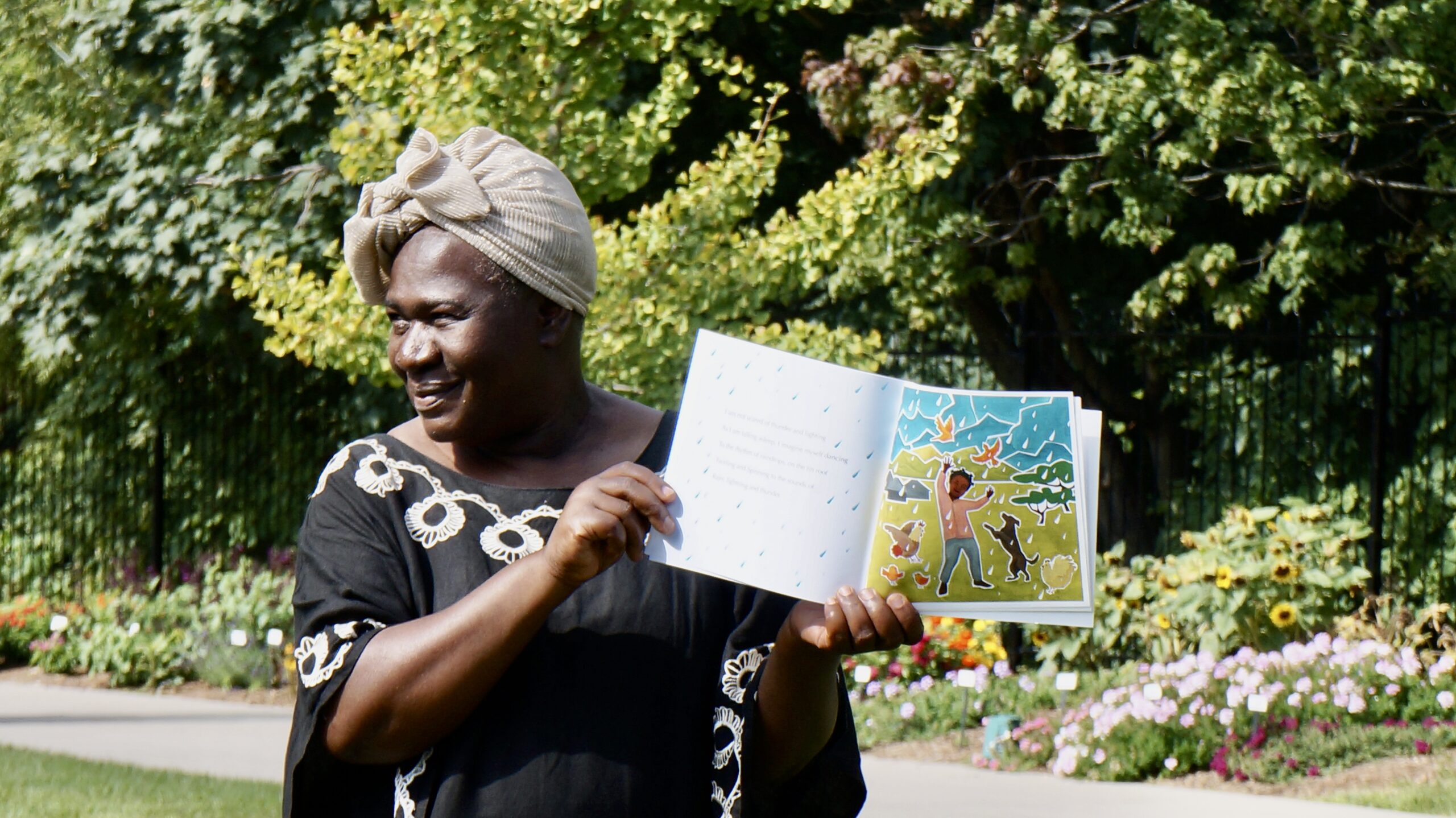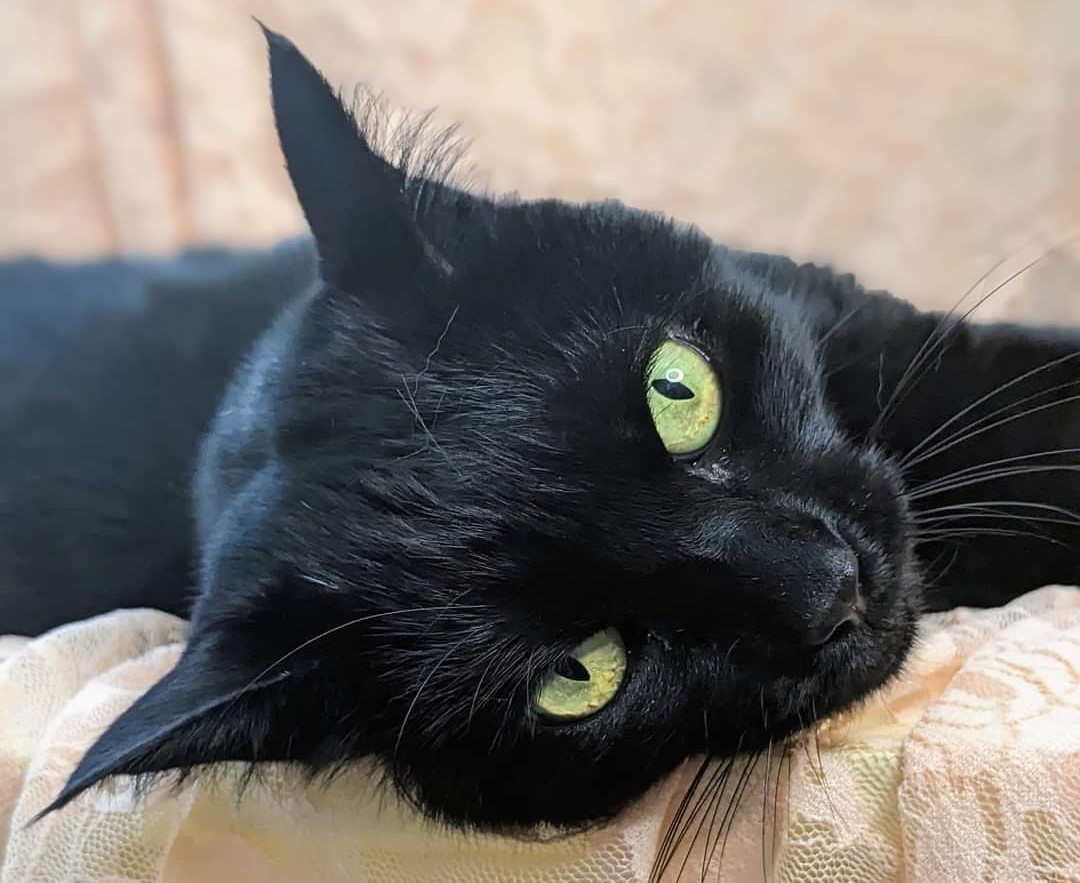By Kezia Royer-Burkett, Local Journalism Initiative Reporter
On Sunday, September 29, 2024, the Burlington Performing Arts Centre (BPAC) came alive with the vibrant sounds and dynamic rhythms of the Okavango African Orchestra. This talented group masterfully blends Africa’s rich musical traditions with modern, soulful performances that captivate audiences. Their appearance was the highlight of One Burlington’s “Out of Africa, At Home Here” event, a celebration inspired by the United Nations Decade for People of African Descent.
The Okavango African Orchestra, in association with the Batuki Music Society, brings artists from across Africa together, representing nations as diverse as Zimbabwe, Ghana, Somalia, Eritrea, and Ethiopia. Each performance was a tapestry of sound, blending traditional African instruments like the kora, the krar, and various percussion instruments with modern guitars, creating a unique and harmonious fusion that transcends geographical boundaries. The music, accompanied by singing and dancing, was a celebration of Africa’s cultural and musical diversity.
The Orchestra’s mission is more than just to perform; it seeks to push the boundaries of sound by harmonizing different tunings, rhythms, and timbres from across the continent. Their music celebrates the rhythmic heartbeat of Africa’s many cultures, offering a new and exciting narrative that both honours traditional roots and explores new creative territories.
Through their meticulous curation of sound, the Okavango African Orchestra takes listeners on a transformative journey. As the music filled the hall, the audience was transported through the rich landscapes of Africa’s musical heritage, experiencing the heartbeat of the continent without leaving Burlington. Each song reflected a unique piece of African history, from the deserts of East Africa to the coastal sounds of West Africa, providing a powerful reminder of the beauty and complexity of African culture.
In addition to the orchestra’s performance, the event featured several workshops that allowed attendees to connect more deeply with African traditions. One of the standout sessions was the African Beats workshop led by Trinidadian-born Michael Mortley, an accomplished dance artist and choreographer. Michael guided participants through rhythmic movements during his workshop, teaching an accessible dance routine set to the sounds of Nigerian pop singer Tems. His expertise in African, Caribbean, and contemporary dance forms enriched the workshop, giving participants an engaging introduction to African-inspired movement.
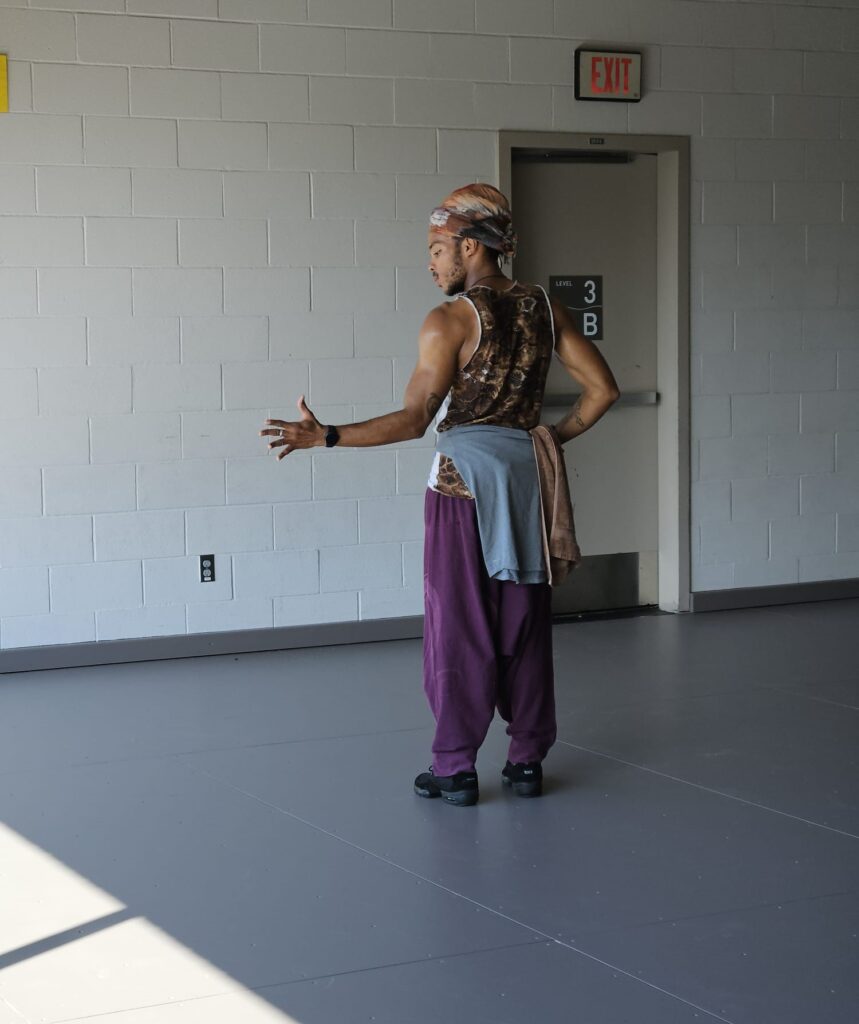
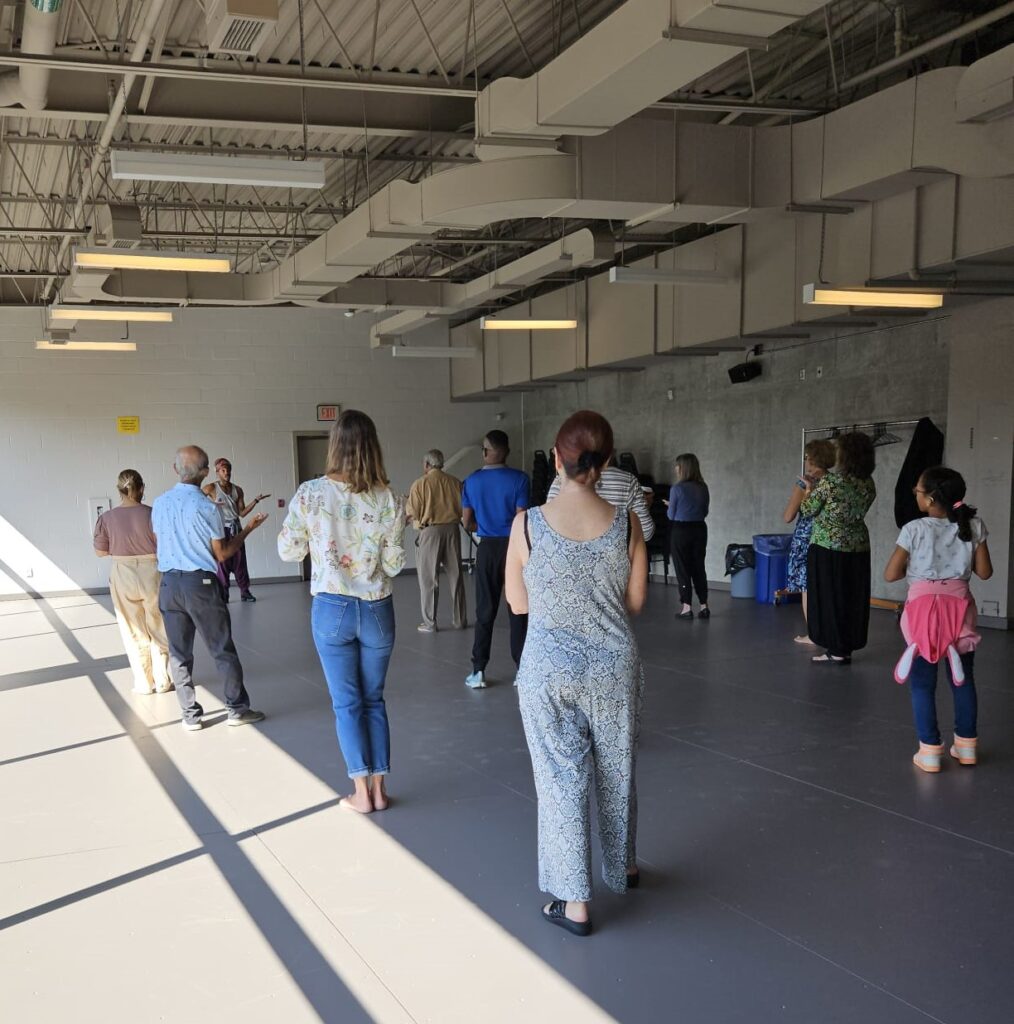
The event also featured a powerful reading of Death of the King’s Horseman by award-winning theatre artist Amaka Umeh, who is Nigerian born and raised, of Igbo descent, and now based in Toronto. She was the first Black woman to play Hamlet at the Stratford Festival; Umeh’s other roles range from Spiker in James and the Giant Peach to Abigail in A Christmas Carol, and various roles in A Midsummer Night’s Dream on more than one stage. Her performance added depth to the day’s celebration of African artistry.
Father Anthony Wadie of the Coptic Orthodox Church of Burlington, who recently joined the One Burlington board, brought his own knowledge of Egypt to the event. He helped connect the organizers with Nostalgia Egypt Music, a local band composed of people of Egyptian descent who both performed and led a workshop, enriching the event with the sounds and stories of Egypt.
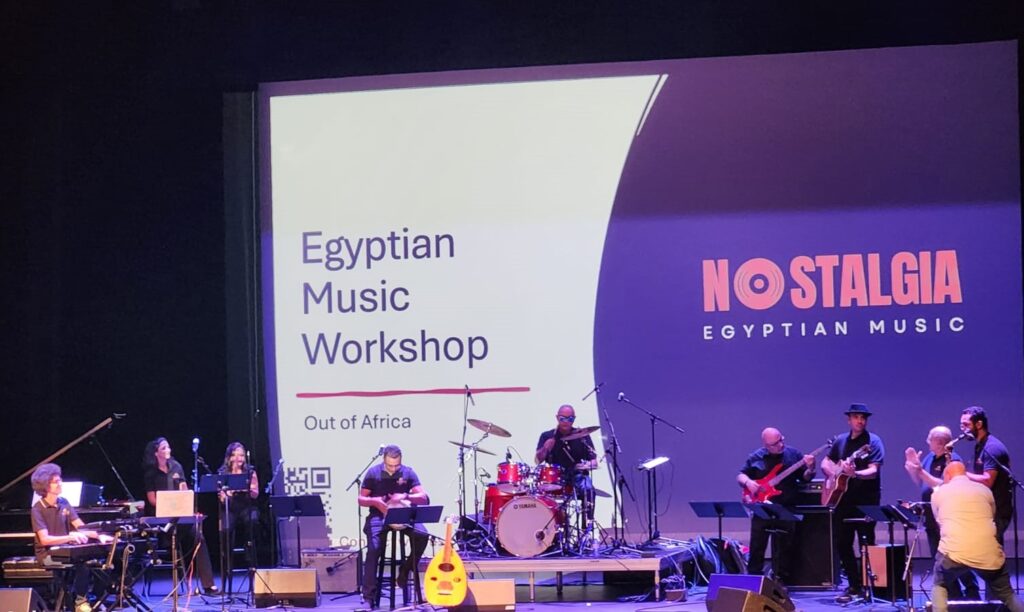
One Burlington has long been committed to bringing people of all backgrounds together; they have been organizing events to celebrate cultural diversity since 2017. After a number of successful Black History Month events, One Burlington heeded the call to celebrate the U.N. Decade for People of African Descent with this event, a vivid reminder of the power of music and dance to bring people together, celebrating the unity found within cultural diversity.
Burlington is lucky to be home to multiple organizations focused on multiculturalism and those who are focused on the Black community, building bridges and educating on and celebrating Black history and culture; perhaps a future event could see collaboration between local organizations to broadly and deeply celebrate Black culture, be it via Africa, the Caribbean, Canada or elsewhere.
“Out of Africa, At Home Here” focused squarely on the artistry and heritage of Africa, reminding everyone that Africa’s influence is widespread, deeply rooted, and ever-evolving.

